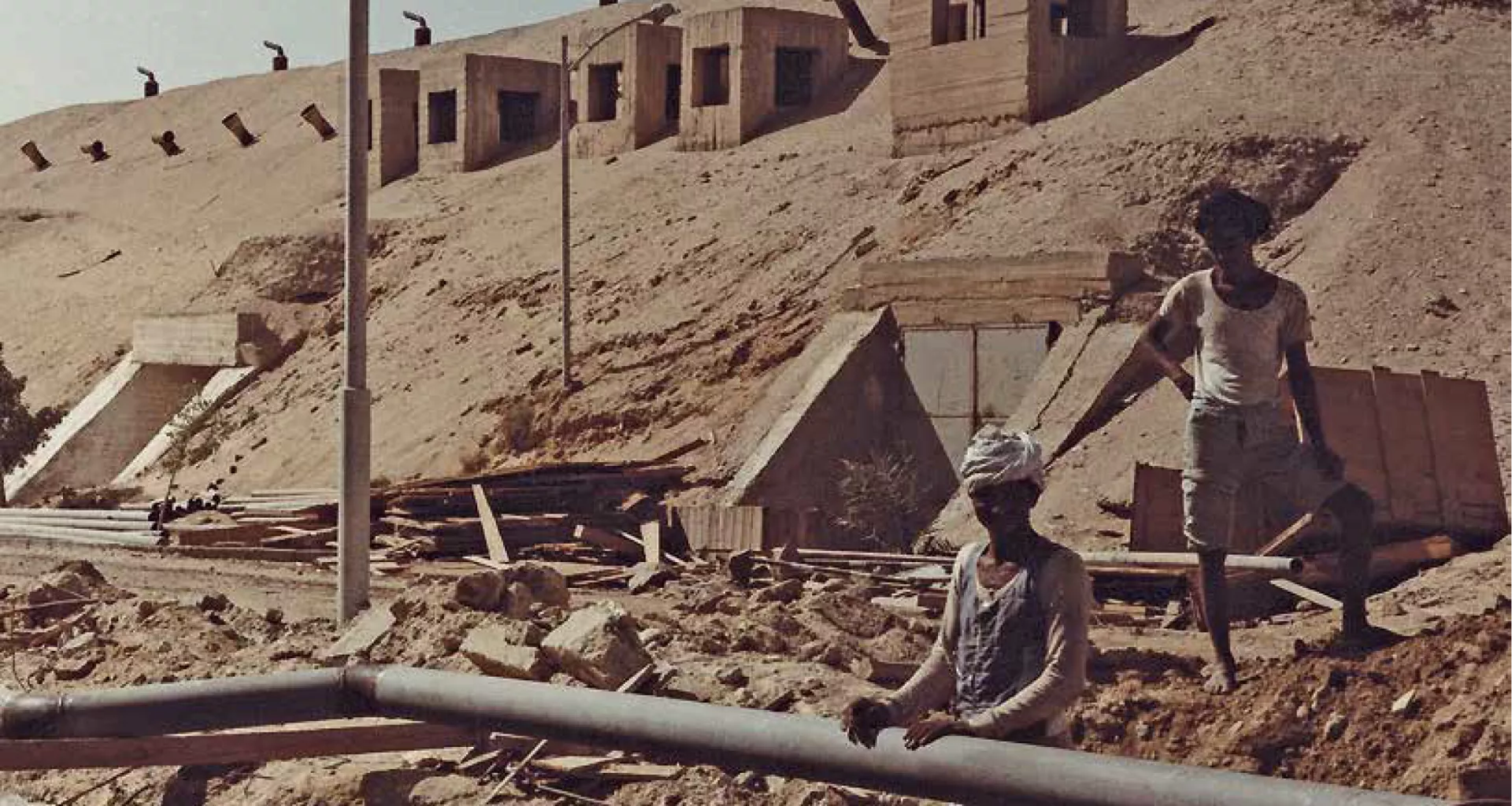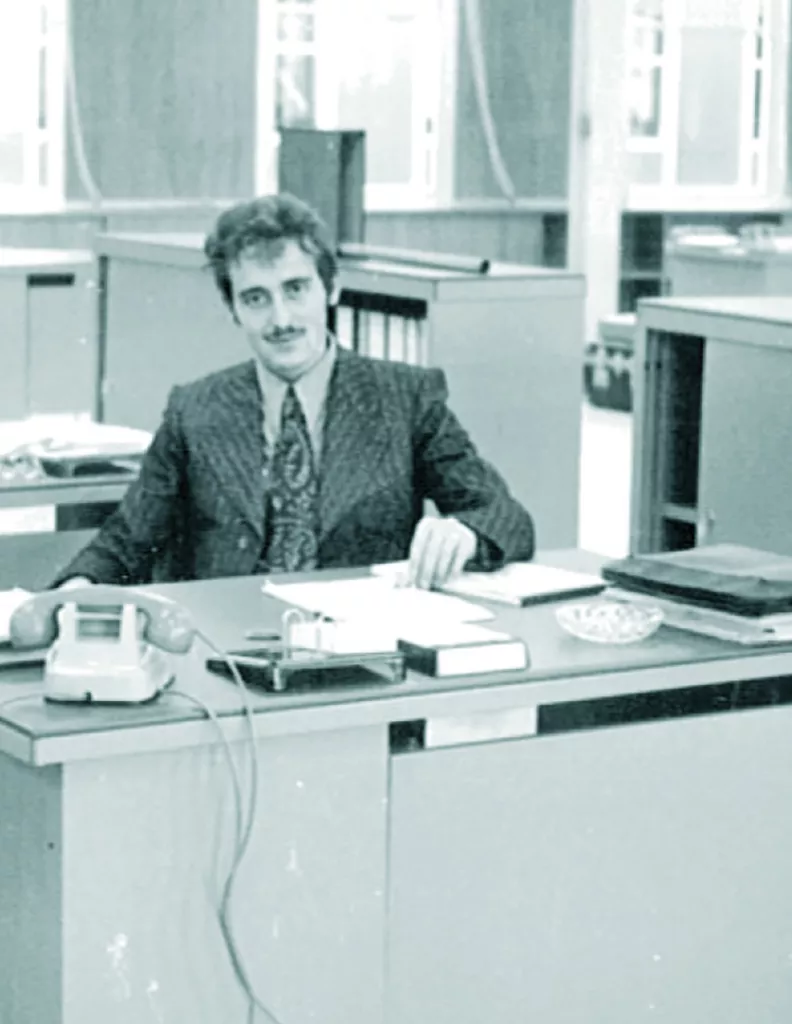
A wave of pure energy
After the first six months in Fano, the office relocated to Pesaro, to a rented 100 m2 venue on the first floor of a building in Viale Venezia 53. There, on 10th March 1979, Renco S.r.l. was born. Silvia Barilari, payroll manager and one of the company’s original employees – she was hired in October 1979 – remembers feeling in those early years as if she were part of a wave of pure energy, of total involvement and dedication, mostly due to the founder’s ability to instil enormous enthusiasm in those around him.
In those days the company was still quite small, having only five or six people working there. On the day she went to her interview for a job as a secretary, Barilari thought the building was a law firm so, when she went inside and saw the drawing boards, she initially thought she had made a mistake. She nonetheless accepted Rinaldo’s offer for the job one week later and so much believed in his vision that she agreed to work without pay during an initial apprenticeship. “I remember that every now and then, when he came back from his travels to Iran and Algeria, Gasparini would bring dates and pistachios to the office,” says Barilari, “and sometimes he would tell me to take some home with me. Once,” she continues, “I was going on a skiing trip and asked my dad for some money for the journey. He said, ‘What? I thought you had a job!’. I said, ‘Yes dad, but they haven’t started paying me yet…,’ and he replied, ‘So you’re just working to bring dates and pistachios home?’” The charisma of the founder was so strong and Barilari’s feeling of trust and engagement had become so deeply rooted that the lack of pay was not a problem.
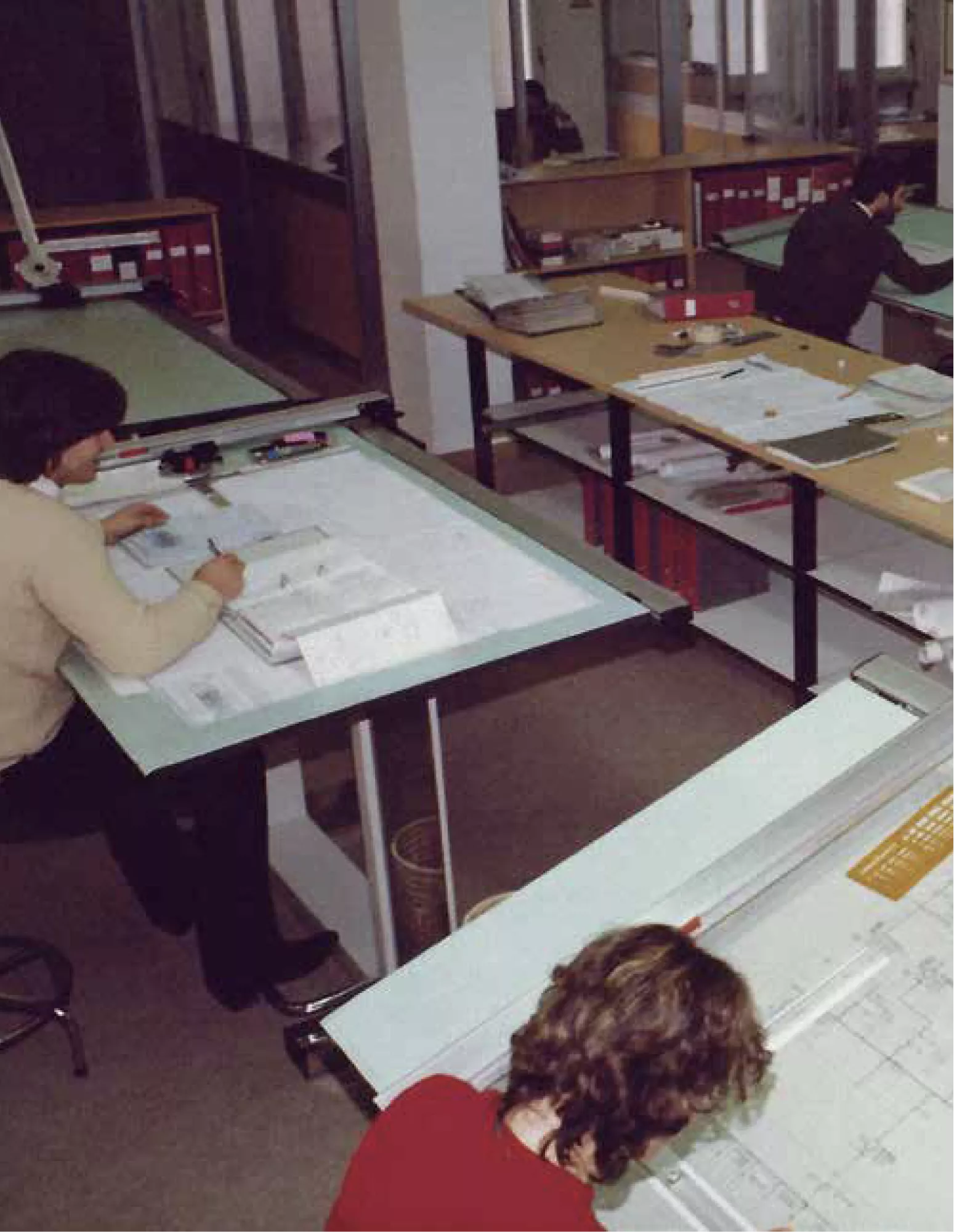
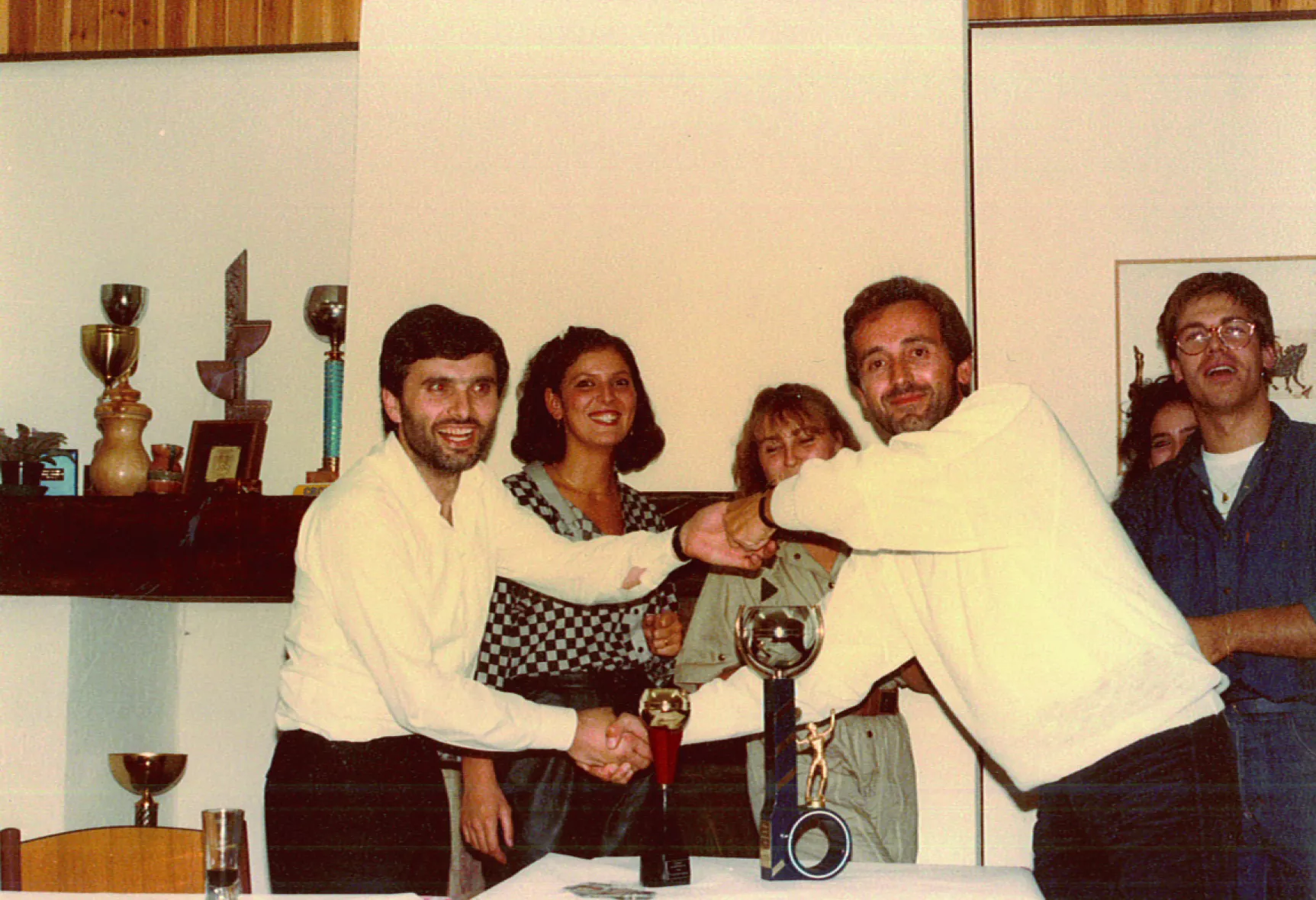
“In those initial years, Renco was like an extended family, like a group of friends on an adventure: Rinaldo was the leader, a profoundly generous person,” says Barilari. “You just knew you could count on him at any moment and for anything.”
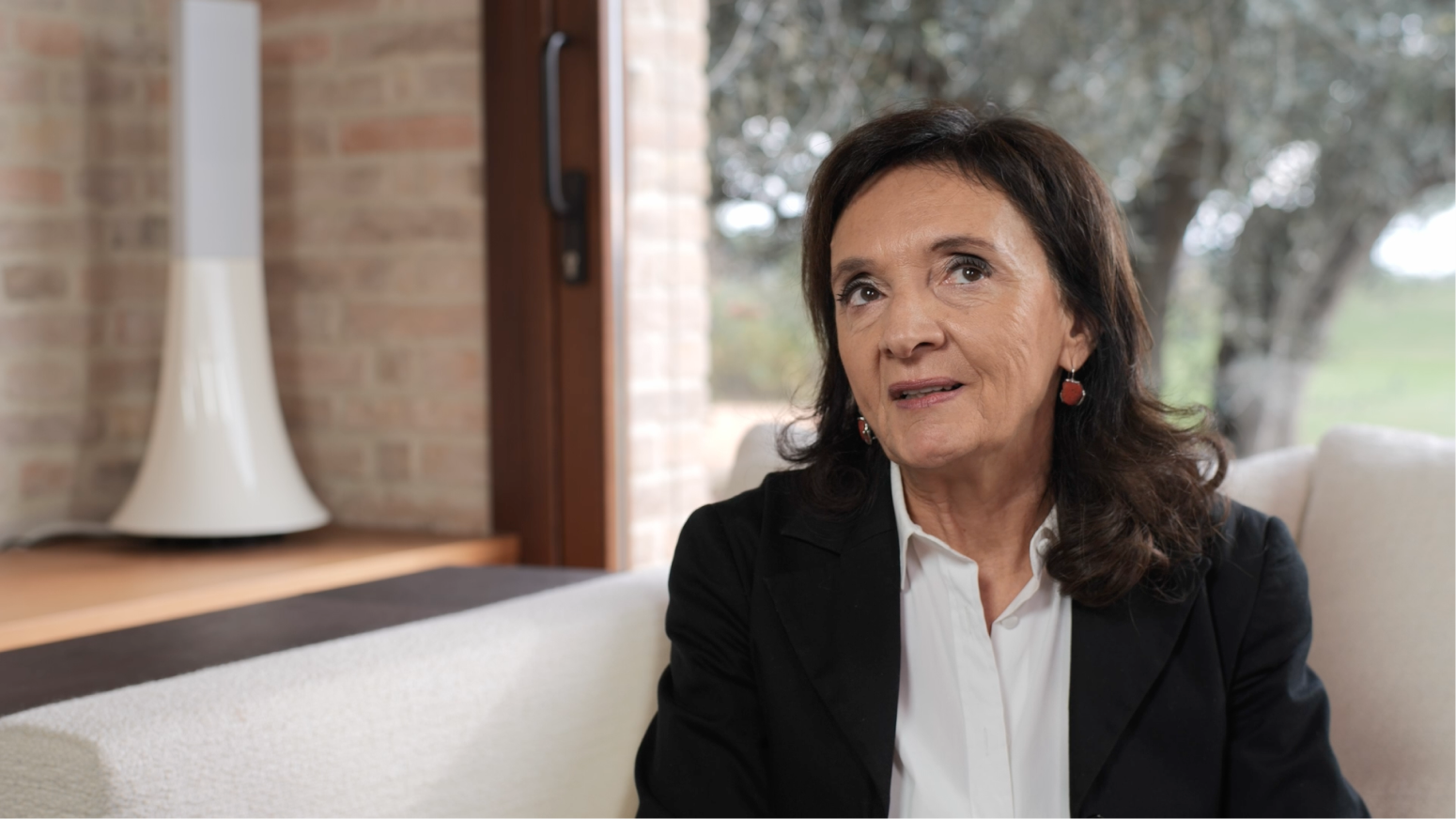
Silvia Barilari remembers feeling in those early years as if she were part of “a wave of pure energy, of total involvement and dedication”, mostly due to the founder’s ability to instil enormous enthusiasm in those around him.
“When there was work to be done, the president knew how to be stern and rigorous, but in the countless dinners that he organised to celebrate with his employees, he was always the last to leave and he often invited everyone to stay up all night on his boat waiting for dawn to come.”
This family atmosphere can be seen in the official photo of the Renco football team, in which almost all the employees of the time are included. Rinaldo is in the bottom row, on the far left. “It was no coincidence that he chose to play as libero,” says interior designer Giovanni Tommasoli: “he was the one who led the game, on the pitch and in the office. He personally supervised almost everything. “Other than that there was no rigid hierarchy: [Gasparini] knew how to appreciate people’s different inclinations, directing them and employing them where needed.” Third from the left at the bottom is Antonio Tonino Passeri, who later became the CEO and, after Rinaldo’s death, the chairman of Renco. “If Rinaldo was the mind with a thousand ideas, an unstoppable tornado,” Tommasoli explains, “Passeri was the man who kept an eye on the accounts. …He was his right-hand man. Twice I heard [Gasparini] say: ‘I'm so lucky to have Tonino here, I would have gone bankrupt ten times over without him!’”
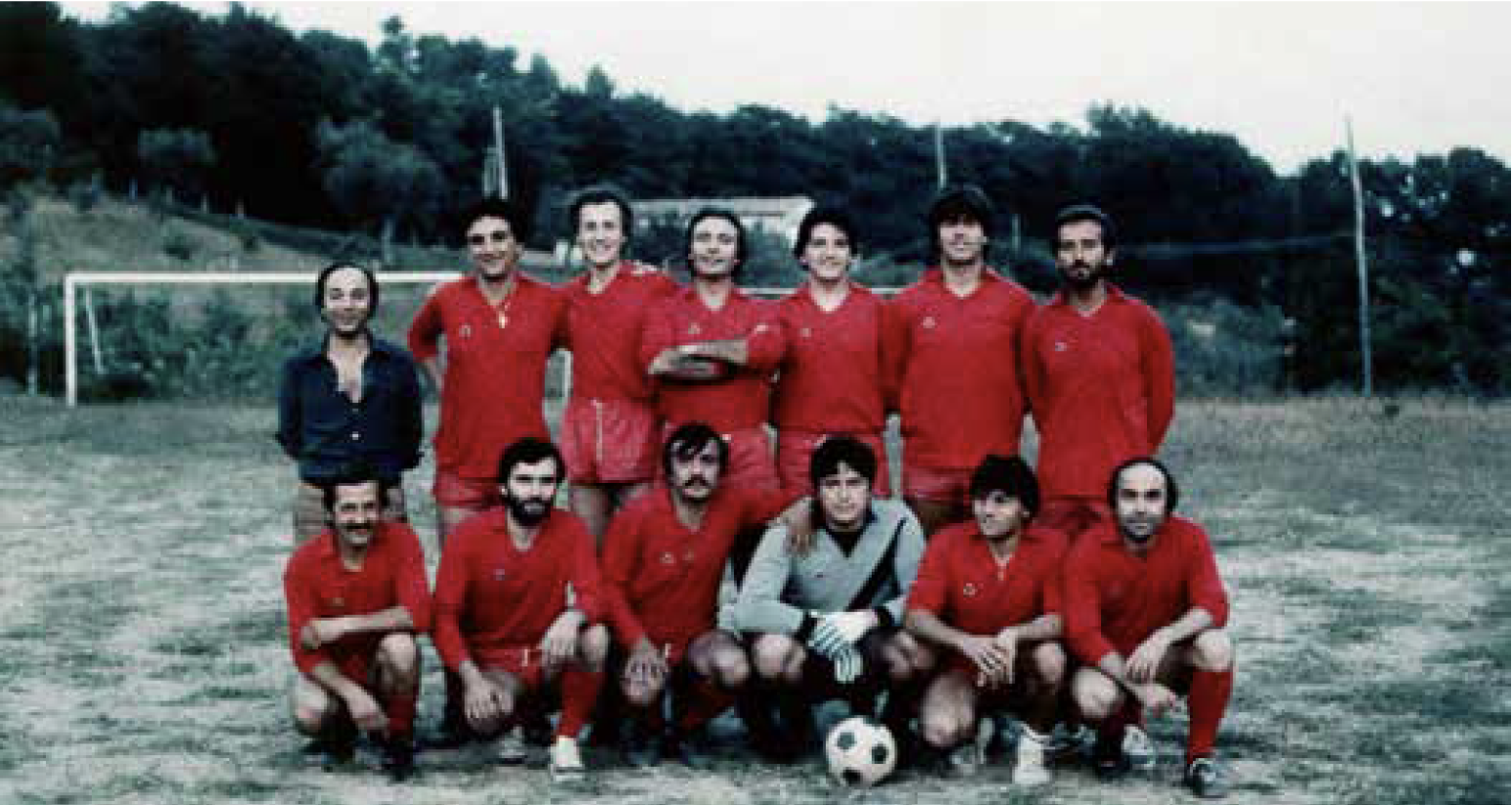
The Renco men, in football team version. From the top left: Renato Magrini, Giuiano Dalmoni, Ettore Zanghetti, Agostino Dacchei, Paolo Paci, Marco Gatti, Rinaldo Gasparini. From bottom left: Franco Spaventa, Antonio Passeri, Alessandro Paoli, Marco Rececconi, Claudio Giambelli, Gabriele Colletta.
Gradually, Renco started operating in the industrial sector by becoming the representative of Solar Turbines and entering the gas turbines market. Thanks to this agreement, the company could now offer itself not just as a reliable interlocutor but as a very authoritative one with corporations such as ENI.
“Rinaldo was a real businessman. He had an extraordinary, innate instinct,” says Barilari. “The chairman’s job is to be constantly on the look-out for more work opportunities, and in this,” recalls Mario Aiello – Rinaldo’s branch manager and longtime friend – “he could count on his great charisma: His communication skills were such that he would win over his customers as soon as he made contact with them. … One of the chairman’s fixations was that employees should work to grow with the company.” “He had a fiery personality,” observes Marco Gatti, marketing manager and another old friend of Rinaldo’s, who shared his passion for the sea and for sailing. “He was a visionary, but he also knew how to talk to people and understand their needs. … He was the type of person who would get people to sit down at a table and then he would let them talk.”
The (first) breakthrough came in 1981, when the company secured a 2.5 billion lire contract in Iraq (more than twice as much as its previous year’s turnover!). To obtain the necessary bank surety, Renco was forced to deposit most of the advance obtained as a guarantee. The ship had now set sail…
With new and more important contracts coming in, staff began to feel the need for larger premises. In 1982 the company bought offices on the ground floor of the building in Viale Venezia 53 in Pesaro; it was already renting the first floor; it would later buy the whole building and gradually renovate it. For the owners of the building, an old couple that lived there, Renco organised an apartment in a section of the ground floor, so that they would not be forced to abandon their home, with the guarantee that it would remain their property and that Renco would take care of its maintenance.
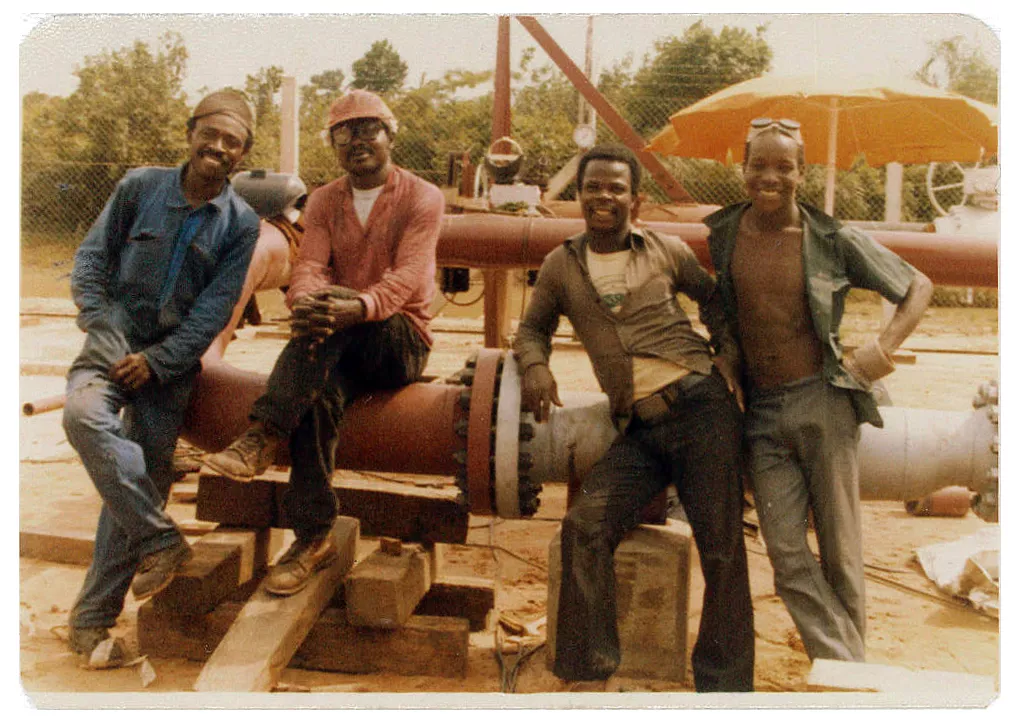
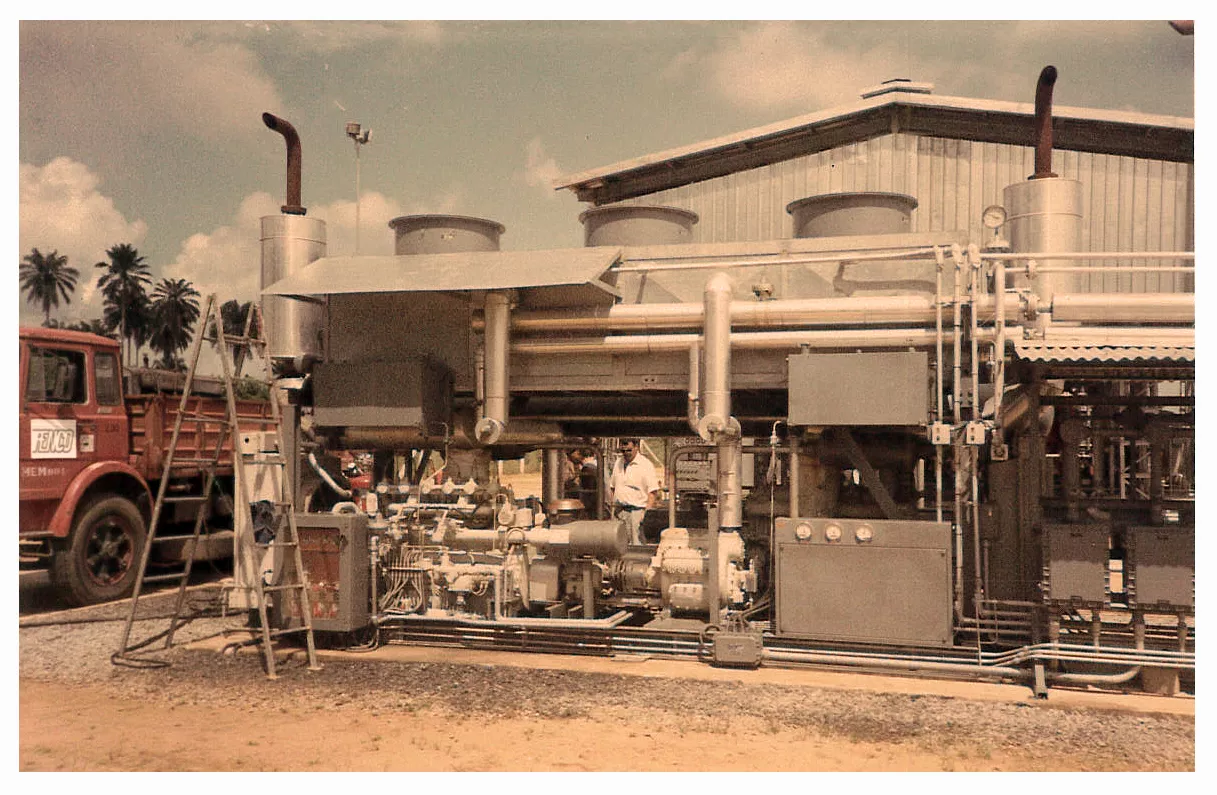
The breakthrough
After its beginnings as a technical design and support firm carrying out small jobs mainly for Snamprogetti, in the first half of the 1980s a new country entered the geographical sphere of Renco: Iraq.
“It was the turning point that allowed us to make a breakthrough,” says Marco Gatti. “Iraq was the first important country thanks to which we became a larger company.” The first important order was for the development of the electro-instrumental part of a large water treatment plant in Samarra, in northern Iraq. Other orders followed until the outbreak of the Iran-Iraq War. Renco had never worked as a main contractor up to that time, but as Gatti remarks, “If Renco has become the company it is today, this is because Iraq gave us substantial contracts and economic guarantees that allowed us to spread our wings.” Despite the war fought between Iraq and Iran in those years, the company managed to carry out the projects it had taken on, and this helped it build a solid reputation for itself as a reliable and authoritative company in the sector. The conflict zone was fairly remote, nevertheless in those plants that were closer to the border, such as the one in Saadya, one could hear the guns thundering all night.
However, the real close encounter with the war, which luckily ended in nothing more than a fright, came far from the front: “It was 1984,” Gatti recalls, “Gasparini and I were at the Sheraton in Baghdad. Suddenly a bomb fell in the parking lot. The Sheraton had a steel frame so you can imagine the vibrations...” Meanwhile, despite already reaping rewards in the Middle East, Rinaldo’s radar had identified another continent where the company could find space to grow: Africa.
At the start of the 1980s, Renco entered Egypt and Ethiopia and, in 1982, notwithstanding the risks envisaged by various operators in the sector due to the international recession, Renco Nigeria Ltd. was established with two Nigerian firms: it was Renco's first joint-stock company working abroad. The gamble paid off and in the years that followed Renco was able to expand into many other African states.
